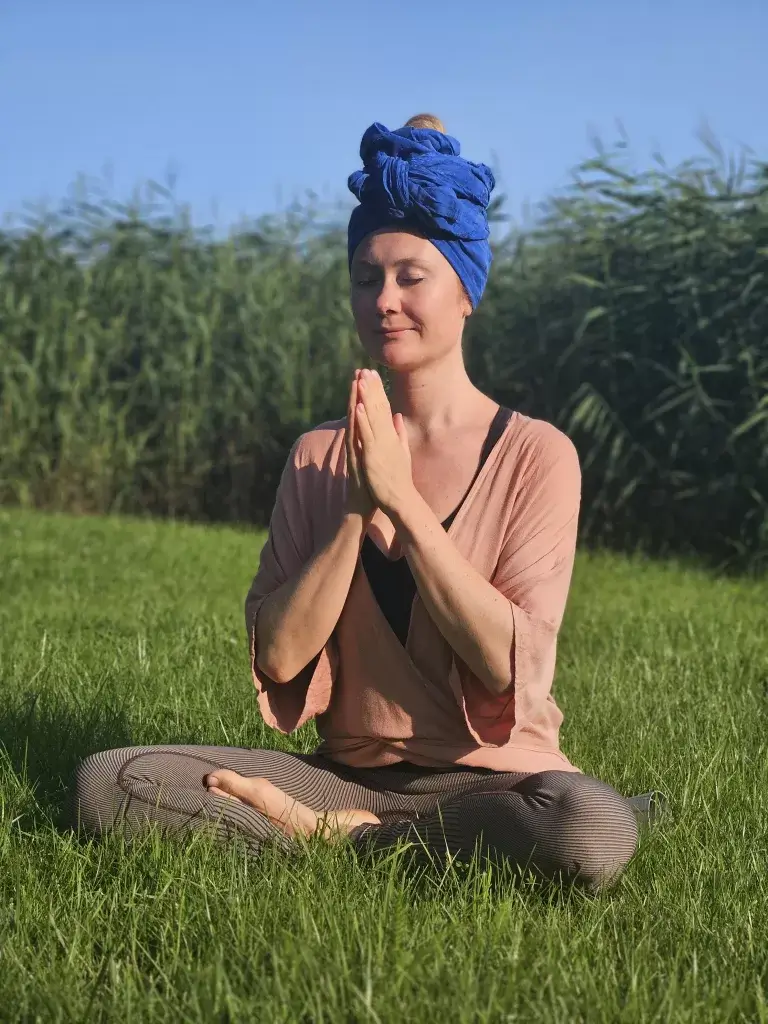

Stress and hectic schedules are a constant in modern life. Many people seek ways to relax and unwind during vacations. Taking up some relaxing vacation or just some days off work just to unwind naturally becomes kind of fun for many. Together with relaxation techniques meditation would bring about a phenomenal experience. This blog will enlighten you on the ways by which meditation can be incorporated into vacation time by beginners for stress relief and to achieve inner tranquility.
The holidays are the best time to relax because a change of surroundings, combined with no daily responsibilities, provides the best conditions for meditation. Travel becomes meditation that improves focus, brings inner peace, and makes for better self-connection.
Step 1: Find a quiet place, make yourself comfortable and relax with deep breaths.
Step 2: Consciously let go of your thoughts and enjoy the moment.

Mindful breathing: A simple exercise to calm the mind.
Progressive muscle relaxation: Gradually relax different parts of the body.
Visualization: Imagine a serene place like a sunny beach or forest.
Set realistic expectations: It is a process that actually takes time, and one should be patient about the results.
Be consistent: Schedule a daily meditation practice regardless of vacations.
Use resources: Use of guided meditations by apps like Calm or Headspace.
What is meditation? A brief explanation of the practice and its benefits.
Meditation for beginners: in terms of simple breathing with mindful body awareness and letting go of thinking.
Essential tools: Comfortable clothing, a quiet environment, and perhaps a meditation app.
Yoga and meditation retreats: Guided meditation in professional centers.
Nature-rich locations: Forests, mountains, or beaches are ideal for relaxation.
Wellness hotels: Many hotels offer special relaxation and meditation programs.
Reduced stress: Regular meditation helps maintain calmness in the long run.
Improved sleep quality: Meditation promotes deeper, more restful sleep.
Increased mindfulness: Everyday life becomes more vivid and conscious.
The Park Am See Ayurveda Cure in Germany offers a unique combination of meditation, Ayurveda treatments and holistic relaxation in an idyllic setting. Here, one can learn the basics of meditation, yet still dive more deeply into one’s inner balance with bespoke Ayurvedic treatments and relaxation techniques.
Book into Park Am See and experience how a vacation can be much more than just a break from everyday life into something transformative in terms of bringing more peace and health into a life. Here begins your way to sustainable relaxation!
Meditation offers a range of mental, emotional, and physical benefits. It helps you focus on the present moment, increasing awareness of your thoughts and feelings without judgment. This practice can reduce stress and negative emotions, enhance self-awareness, and improve concentration. Physiologically, it may help lower your heart rate and blood pressure. Meditation may also assist in managing stress-related conditions such as anxiety, depression, and chronic pain.
Several meditation techniques can effectively help relieve stress:
These techniques can be practiced individually or in combination to support mental and emotional well-being.
Starting meditation for stress relief is simple and doesn’t require special tools or experience. Here are a few tips for beginners:
With time and practice, meditation can become a powerful tool for managing stress and improving well-being.
Incorporating meditation and mindfulness into your vacation can enhance relaxation and deepen your experience. Here’s how you can do it:
These practices can help transform a regular trip into a truly restorative and enriching experience.
Traveling doesn’t have to disrupt your mindfulness practice, there are several meditation techniques that are easy to incorporate on the go:
These techniques are adaptable and can help you stay grounded, centered, and relaxed wherever you are.
